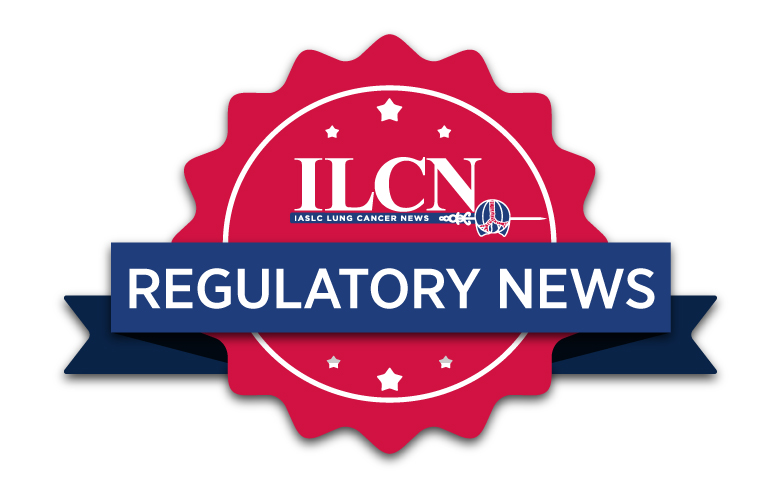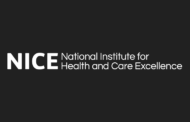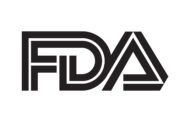US FDA Approves Repotrectinib for Treatment of Locally Advanced or Metastatic ROS1+ NSCLC

In November, the US Food and Drug Administration approved the next-generation TKI repotrectinib for the treatment of locally advanced or metastatic ROS1-positive non-small cell lung cancer (NSCLC). The approval was based on data from the TRIDENT-1 trial, in which repotrectinib successfully achieved a high objective response rate and durable response.1
The TRIDENT-1 study, is an open-label, single-arm, phase 1/2 trial that evaluated repotrectinib in TKI-naïve and TKI-pretreated patients.2 In TKI-naïve patients, the primary endpoint of objective response rate (ORR), was 79% (95% CI: 68 to 88).1 The median duration of response (mDOR) was 34.1 months. Among patients pretreated with one prior ROS1 TKI and no prior chemotherapy, the ORR was 38% (95% CI: 25 to 52) and the mDOR was 14.8 months.1
“New treatment options continue to be needed for patients with ROS1 fusion-positive NSCLC that support important clinical goals, including achieving durable therapeutic responses,” said Jessica J. Lin, MD, TRIDENT-1 primary investigator and attending physician at the Center for Thoracic Cancers at Massachusetts General Hospital and Assistant Professor of Medicine at Harvard Medical School. “Based on the data we have seen in the TRIDENT-1 trial, repotrectinib has the potential to become a new standard of care option for patients with locally advanced or metastatic ROS1 fusion-positive lung cancer.”
FDA Grants Priority Review for Bispecific T-cell Engager for Advanced SCLC
The US FDA also recently granted priority review for an application for tarlatamab, an investigational targeted therapy that, if approved, would be the first bispecific T-cell engager therapy for a major solid tumor. The US FDA grants priority review to applications for medicines that offer, if approved, significant improvements compared to available options or that may provide a treatment option where no adequate therapy currently exists.
The tarlatamab application is based on the phase 2 results from the DeLLphi-301 clinical trial that studied patients with advanced SCLC with disease progression on or after platinum-based chemotherapy.3,4 The data demonstrated antitumor activity with a durable response and encouraging survival outcomes in previously treated SCLC. The safety profile was consistent with the phase 1 data.5
US FDA Asks for Additional Confirmatory Study to Support Full Approval of Sotorasib
In the last days of 2023, the US FDA completed its review of the supplemental New Drug Application seeking full approval of sotorasib. This review was based on the CodeBreaK 200 trial results for the treatment of adults with previously treated locally advanced or metastatic KRAS G12C-mutated NSCLC. The FDA announced it will require an additional confirmatory study to support full approval that will be completed no later than February 2028.
In addition, the FDA concluded that the dose comparison issued at the time of the accelerated approval has been fulfilled, and the 960 mg once-daily dose established under the accelerated approval will remain for patients with KRAS G12C-mutated NSCLC.
References
- 1. Augtyro Prescribing Information. Augtyro U.S. Product Information. Last updated: November 2023. Princeton, NJ: Bristol Myers Squibb Company.
- 2. ClinicalTrials.gov: NCT03093116. A study of repotrectinib (TPX-0005) in patients with advanced solid tumors harboring ALK, ROS1, or NTRK1-3 rearrangements (TRIDENT-1). Available at https://classic.clinicaltrials.gov/ct2/show/NCT03093116. Accessed November 4, 2023
- 3. Paz-Ares L, et al. Presented at ESMO 2023 Congress. Oct. 20-24, 2023; Madrid, Spain. Abstract #LBA92.
- 4. Ahn MJ, et al. N Engl J Med. 2023;389:2063-2075.
- 5. Paz-Ares L, et al. J Clin Oncol. 2023;41:2893-2903.




